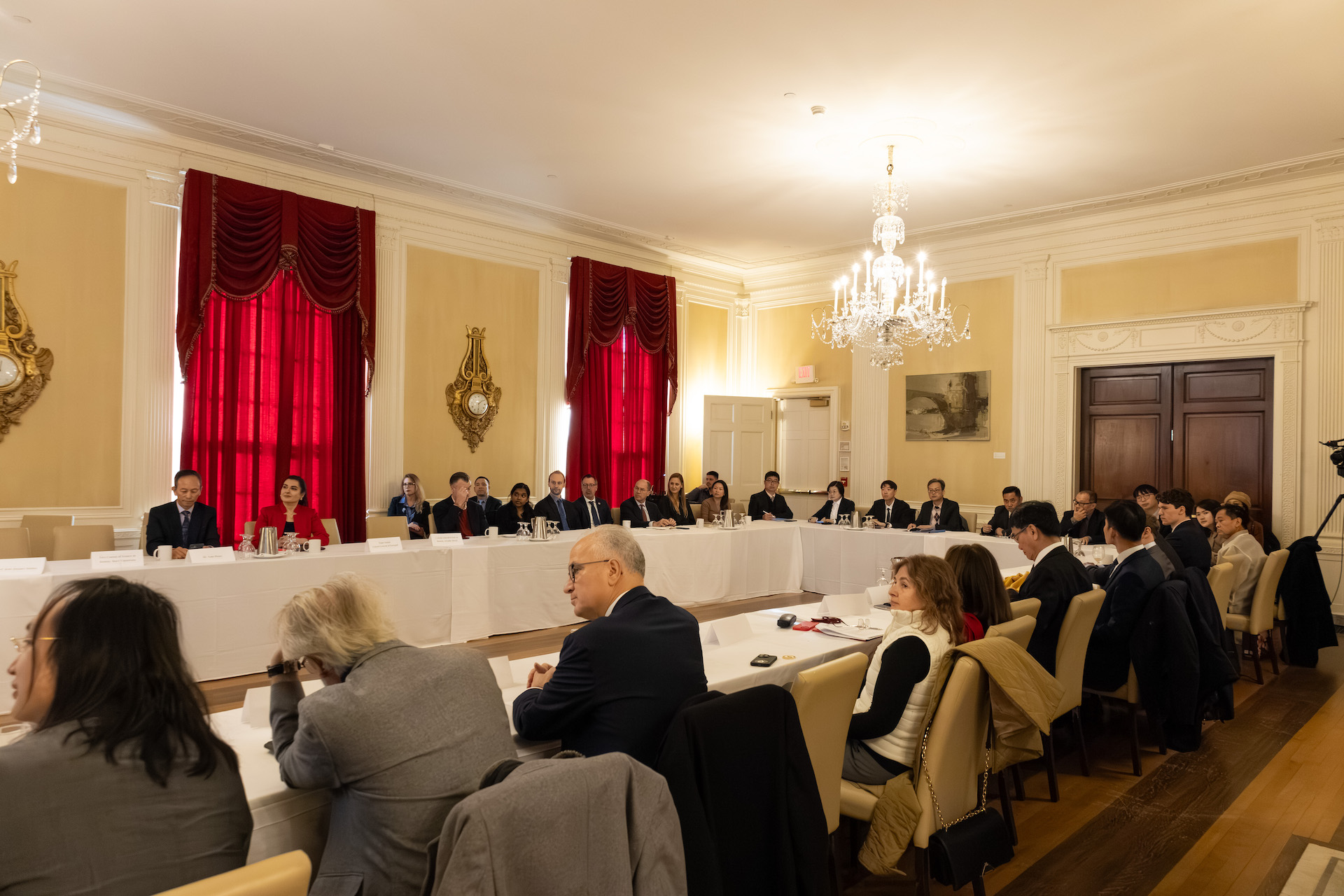The Enlightenment in Action Alliance (EAA) is committed to uniting university students across the world in the effort to leverage Artificial Intelligence (AI) for the greater good. Through collaboration with top universities globally, the EAA encourages youth involvement in developing ethical AI, creating innovative governance models, and shaping the future of AI policy.
The EAA’s activities are organized around four key pillars: US, Japan, EU-UK, and India. Each of these regions contributes uniquely to the mission of the EAA, with students playing an essential role in advancing AI for good, engaging in global dialogues, driving innovation, and contributing to leadership development across borders. Below is a breakdown of how the EAA and its students contribute to these four pillars:
1. US: Innovation and Policy Leadership
The US pillar focuses on the leadership and policy-making capabilities of students in North America, particularly in the field of AI innovation and regulation. Students from top US universities (e.g., Harvard, MIT, Stanford, Columbia) are heavily involved in shaping AI policy, ethics, and technological development. EAA students in the US collaborate with global tech companies, think tanks, and government agencies to ensure AI is deployed ethically and for the benefit of society. Their contributions also support AIWS Government 24/7, a transformative AI-driven governance model.
2. Japan: Ethical AI and Global Cooperation
The Japan pillar emphasizes the role of students in promoting ethical AI and fostering global cooperation. Under the guidance of Yasuhide Nakayama, Representative of BGF in Japan and Taiwan, and Coordinator of the EAA in the region, Japanese students collaborate with peers from across the world to explore AI solutions that prioritize social equity, responsibility, and compassionate leadership. Japanese universities and institutions are central to advancing AI applications that align with global standards and societal needs. These efforts also aim to strengthen the AIWS Government 24/7 model by embedding Japan’s ethical approach to technology.
3. EU-UK: Shaping Global AI Governance
The EU-UK pillar focuses on shaping the regulatory landscape for AI, with students in Europe and the UK contributing to the development of AI governance frameworks that are both ethical and inclusive. Students from leading universities (e.g., Oxford, Cambridge, University of Paris, ETH Zurich) engage in collaborative research to create AI policies that ensure fairness, transparency, and public trust. The EU is a key player in setting global standards for AI, and through their involvement in the EAA, students are working to ensure that AI remains a tool for the public good, not just in Europe but across the world. They also contribute to the AIWS Government 24/7 initiative, advancing AI-driven governance models that ensure continuous, inclusive service delivery.
4. India: AI for Social Equity and Global Collaboration
The India pillar focuses on ensuring that AI serves the needs of global equity and inclusive development. Students from Indian universities (e.g., IITs, University of Delhi, and JNU) are at the forefront of research into AI for social good, using AI to address challenges such as poverty, access to education, and healthcare in underserved communities. India’s role in the EAA is integral to ensuring that AI benefits all sectors of society. These students also work closely with students from the US, Japan, and EU-UK to build cross-border collaborations that address global challenges. Their efforts contribute to the development of the AIWS Government 24/7 framework, ensuring that AI policies foster global cooperation and societal well-being.
